Cellular Generation and Cellular Screening
Scientific Operations
Cell Biology Research
 Organoid culture: generation of new cancer organoid models and performing genome-wide CRISPR/Cas9 knockout screens in cancer/patient-derived organoid lines to identify genes essential for survival (Project Gro and Score 3D)
Organoid culture: generation of new cancer organoid models and performing genome-wide CRISPR/Cas9 knockout screens in cancer/patient-derived organoid lines to identify genes essential for survival (Project Gro and Score 3D)
 Neural differentiation: differentiation of knockout hiPSC lines into neural stem cells (DDD-NeuGen) and cortical neurons in the presence of glial proteins, to study their effects on synapse formation (iNeurons).
Neural differentiation: differentiation of knockout hiPSC lines into neural stem cells (DDD-NeuGen) and cortical neurons in the presence of glial proteins, to study their effects on synapse formation (iNeurons).
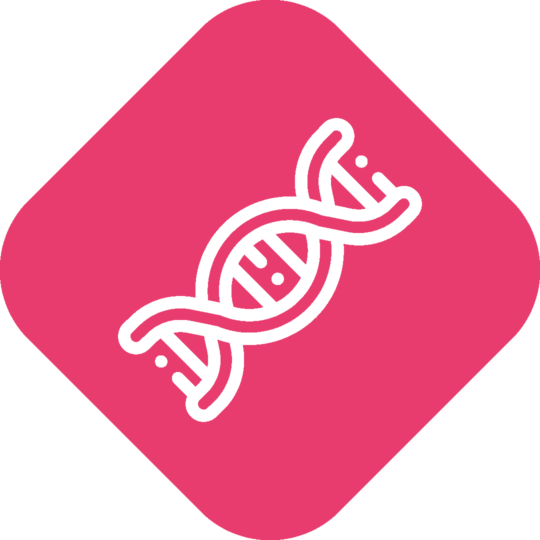 CRISPR/Cas9 screening: identification of novel synthetically lethal gene targets in cancer lines (CRISPR Adams) and measuring variability in human gene essentiality in healthy individuals using hiPSCs (Parts HiPSCi).
CRISPR/Cas9 screening: identification of novel synthetically lethal gene targets in cancer lines (CRISPR Adams) and measuring variability in human gene essentiality in healthy individuals using hiPSCs (Parts HiPSCi).
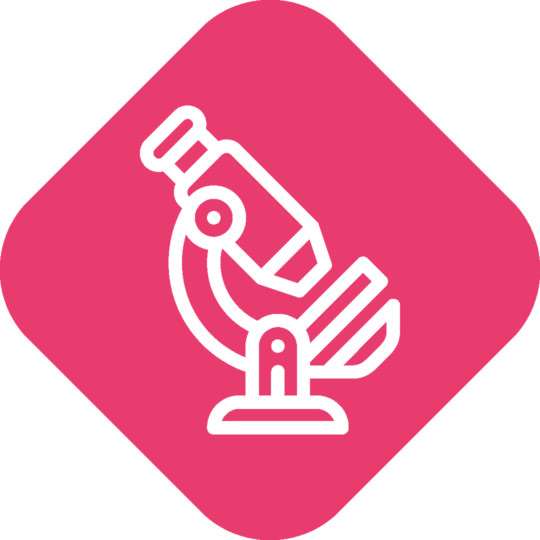 Histology: processing tissue samples to section, stain and analyse anatomical structures under light or fluorescent microscopes, using H&E, Visium and RNAscope (Histology service). Donor tissue dissociation into single cell resolution to carry out RNA-Seq, to create a reference map of all cells in the human body (HCA project).
Histology: processing tissue samples to section, stain and analyse anatomical structures under light or fluorescent microscopes, using H&E, Visium and RNAscope (Histology service). Donor tissue dissociation into single cell resolution to carry out RNA-Seq, to create a reference map of all cells in the human body (HCA project).
 COG-UK: Cellular Screening played an instrumental role in the Institute’s contribution to the COVID-19 Genomics UK Consortium, involving large-scale, nation-wide virus sample and metadata collection, preparation, sequencing, analysis and data visualisation.
COG-UK: Cellular Screening played an instrumental role in the Institute’s contribution to the COVID-19 Genomics UK Consortium, involving large-scale, nation-wide virus sample and metadata collection, preparation, sequencing, analysis and data visualisation.
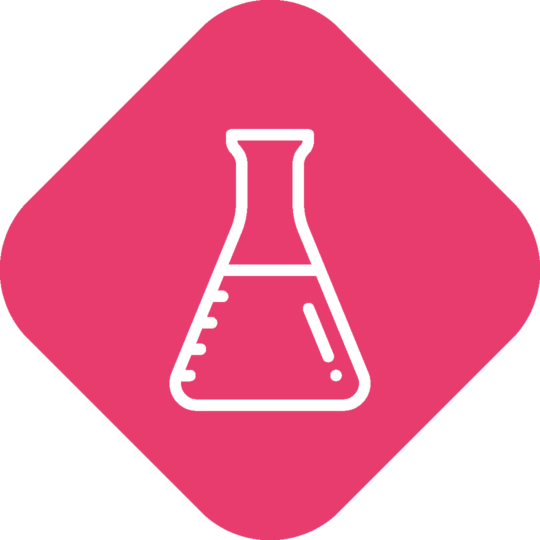 CellOps Scientific Support team: supporting our research, we have a dedicated team that produces coated cultureware, reagents and specialist media to order. They also provide mycoplasma screening, sterility testing, reagent batch testing and cell banking services for Cellular Generation, Cellular Screening and other teams within Cellular Operations.
CellOps Scientific Support team: supporting our research, we have a dedicated team that produces coated cultureware, reagents and specialist media to order. They also provide mycoplasma screening, sterility testing, reagent batch testing and cell banking services for Cellular Generation, Cellular Screening and other teams within Cellular Operations.
R&D
Work in the group is underpinned by a research and development function which undertakes continual improvement across the group in order to introduce new techniques and to increase capacity and quality of existing ones.
Other Initiatives
Technician Commitment
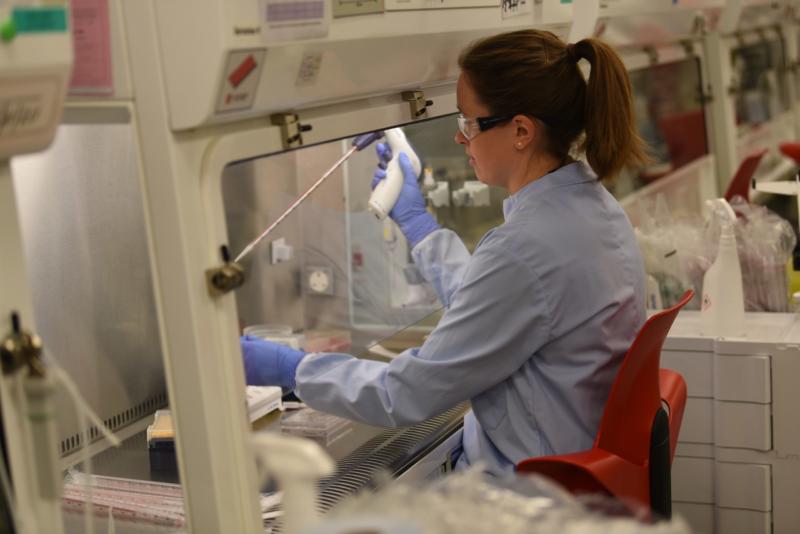
Members of Cellular Generation and Cellular Screening teams volunteer their time to be part of the Technician Commitment (TC). The TC aims to increase the visibility and recognition of technical staff across the Institute, as well as promoting their career development and sustainability of this national initiative. The TC is led by a Steering Committee who ensure the delivery of the action plan, across six different working groups. Cellular Generation and Cellular Screening TC members are represented across the ‘Marketing and Communications Working Group, and the ‘Events Working Group’. To see the impact these working groups are having at the Institute then please look at the Technician Commitment page.
Training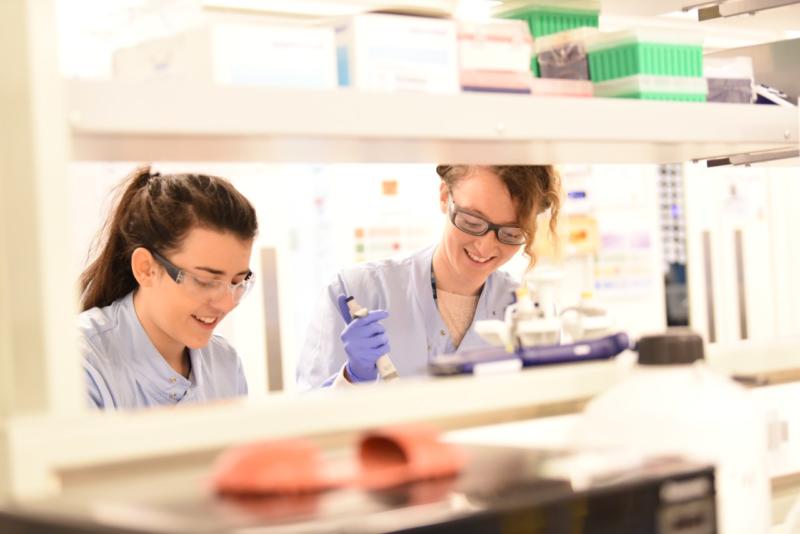
As a team we are dedicated to sharing our expertise internally within the institute, and externally. This includes through providing internal training courses through the Technician Commitment, and external iPSC culture training through the Wellcome Genome Campus Advanced Courses.
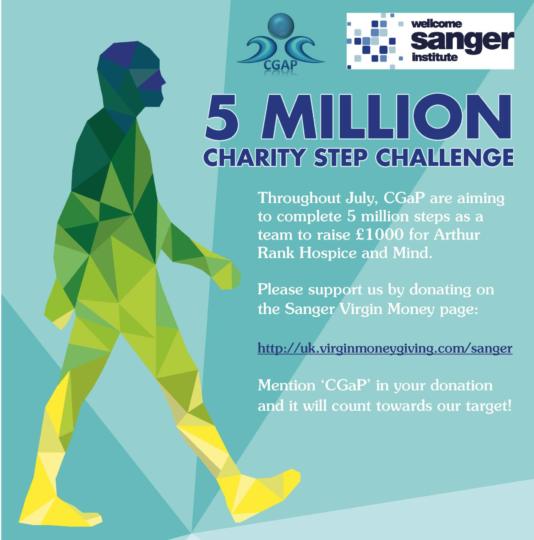
Charity Team
Cellular Operation’s charity team are responsible for organising fundraising events to support local Cambridgeshire charities. These fundraising events are a mixture of smaller internal events and large annual events put out across the Institute. As well as fundraising events, Cellular Operation’s charity team will promote and volunteer for local charities, using the Institute’s two full-paid volunteering days initiative.
Our first event was a huge success. We raised over £1000 for Arthur Rank Hospice and CPSL Mind through our 5 million steps throughout July 2020 challenge. We hope to replicate this success in future events.
Protocols.io

Our expertise in large-scale research means that our protocols have been rigorously tested to ensure they are robust, effective and highly replicable. We believe that there is great value in sharing such protocols amongst the scientific community, for other labs to discover and easily compare the specifics of their methodologies to other groups practicing similar work.
Click here to find all of Cellular Generation and Cellular Screening’s published protocols.
Click here to read a blog post, in which we explain our reasons for sharing our protocols with the wider scientific community.
Core team

Vanessa Baxter
Senior Technical Assistant
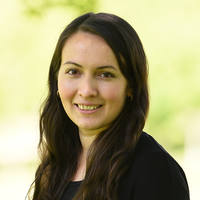
Mrs Michaela Bruntraeger
Senior Research Assistant
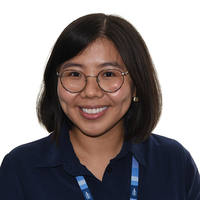
Dr Hongorzul Davaapil
Technical Specialist

Alisha Dordi
Research Assistant

Mr David Fraser
Advanced Research Assistant
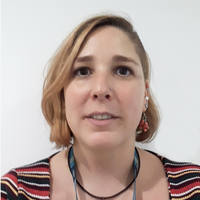
Maria Garcia-Casado
Research Assistant
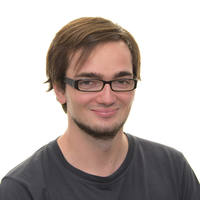
Dr Frederik Gibson
Technical Specialist

Dr Adam Hunter
Senior Scientific Manager
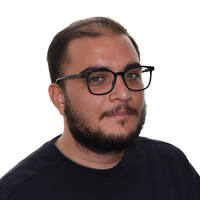
Mr Francesco Iacoviello
Team Lead
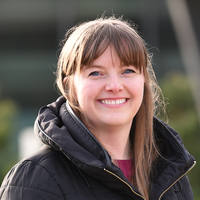
Dr Sophie Robinson
Advanced Research Assistant
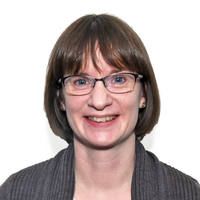
Dr Hazel Rogers
Scientific Manager

Dr Katy Tudor
Senior Research Assistant

Jade Williams-Gill
Advanced Research Assistant

Dr Amy Yeung
Head of Cellular Services
Previous core team members
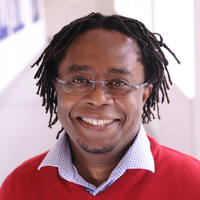
Dr Chukwuma A. Agu
Senior Staff Scientist
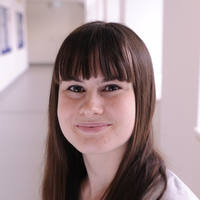
Chloe Allen
Research Assistant

Francis Anderson
Advanced Research Assistant
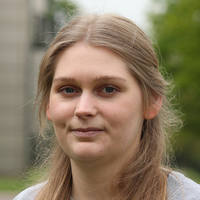
Malin Andersson
Technical Specialist

Rizwan Ansari
Advanced Research Assistant
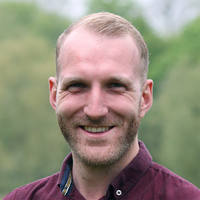
Sam Barnett
Advanced Research Assistant
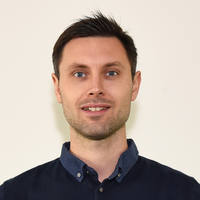
Dr Daryl Cole
Advanced Research Assistant
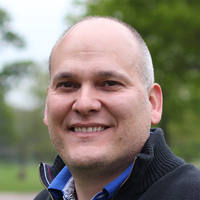
Dr Andy Day
Senior Scientific Manager

Dr Mya Fekry-Troll
Advanced Research Assistant
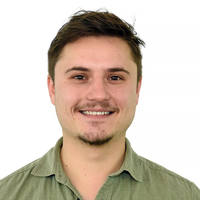
Luke Foulser
Research Assistant
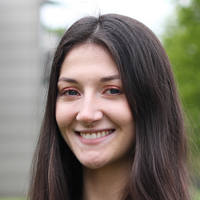
Eleanor Gillman
Research Assistant
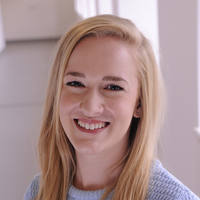
Emma Goffin
Former Advanced Research Assistant at the Sanger Institute

Dr Céline Gomez
Senior Scientific Manager
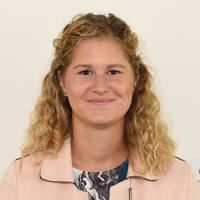
Verity Goodwin
Advanced Research Assistant
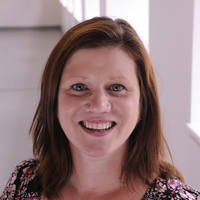
Ceri Govan
Principal Technical Assistant
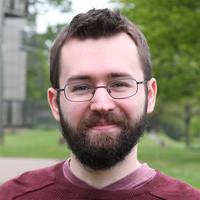
James Haldane
Advanced Research Assistant

Lucy Holland
Research Assistant
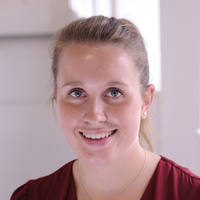
Laura Letchford
Senior Research Assistant
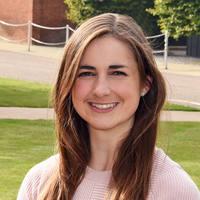
Genevieve Leyden
Research Assistant
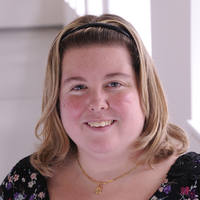
Emily Mallett
Research Assistant

Ilaria Mulas
Advanced Research Assistant
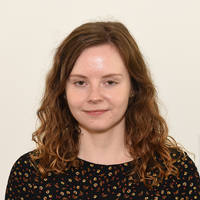
Alexandra Neaverson
Advanced Research Assistant
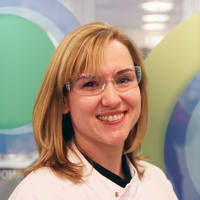
Dr Rachel Nelson
Head of CGaP, Cellular Generation & Phenotyping Core Facility
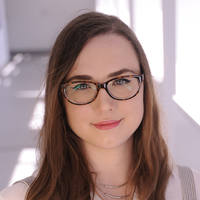
Rachel Pooley
Research Assistant
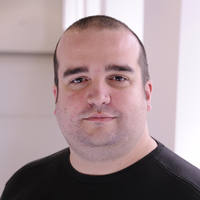
Leighton Sneade
Advanced Research Assistant

Mrs Sarah Chantelle Tilman
Senior Technical Assistant
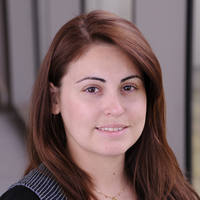
Anthi Tsingene
Research Assistant
Associated research
Related groups
Programmes and Facilities
Partners
We work with the following groups
External
HiPSCi
HipSci brings together diverse constituents in genomics, proteomics, cell biology and clinical genetics to create a UK national iPS cell resource and use it to carry out cellular genetic studies. Between 2013 and 2016 we aim to generate iPS cells from over 500 healthy individuals and 500 individuals with genetic disease. We will then use these cells to discover how genomic variation impacts on cellular phenotype and identify new disease mechanisms.
External
INSIGNIA
INSIGNIA is a study focused on the investigation of patterns of mutations (signatures) in inherited and other progressive genetic diseases.Cancer is the ultimate genetic disease characterised by many thousands of mutations that accumulate within the genome of a cancer patient. The sets of mutations observed in a cancer genome are the overall outcome of a number of different mutational processes. These are caused by an underlying mechanism of DNA damage, and subsequent attempts by the cell to repair that damage. As a result, each mutational process will leave a distinctive mark or mutational signature on the cancer genome.In the same way that counting tree rings can tell us about the age and growth of that tree, the mutational signatures 'buried in the genome' can provide us with information on the biological changes that have occurred during the course of cancer (or other genetic disease) development.
External
OpenTargets
OpenTargets is a unique public-private initiative to apply cutting edge genetics research to the problem of drug taregt identification and validation. They have generously funded several projects in our lab on the application of CRISPR technology to human IPS-derived model systems
